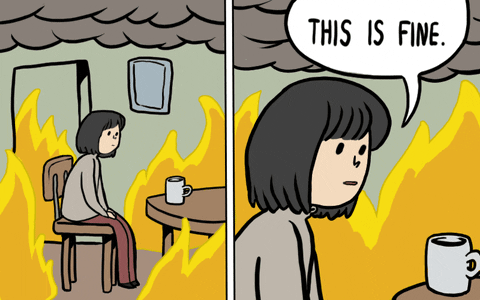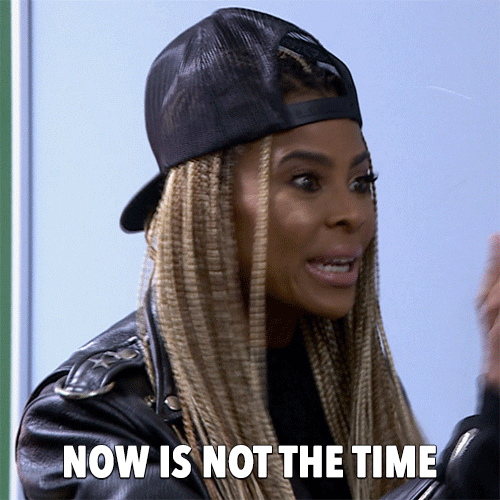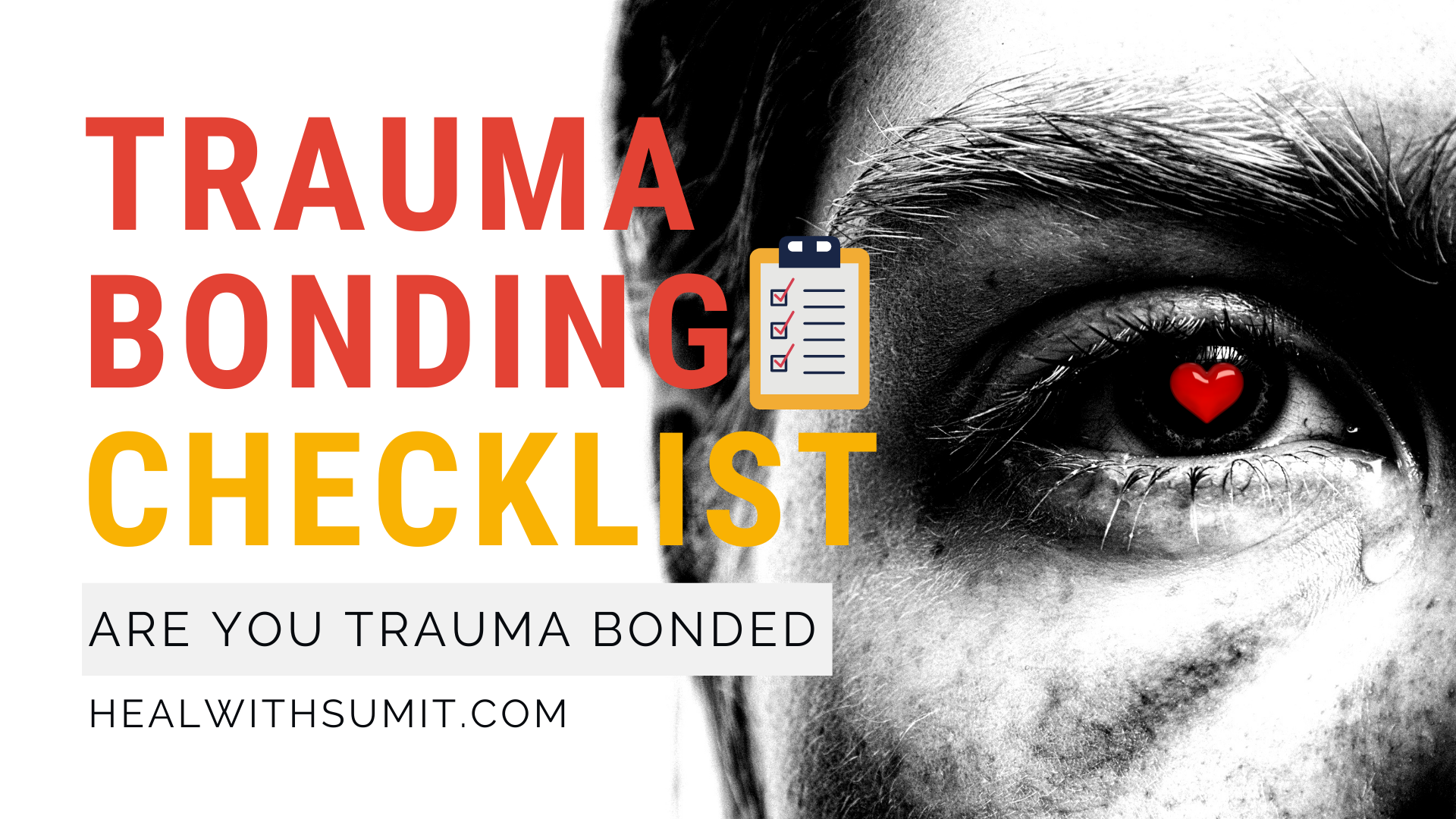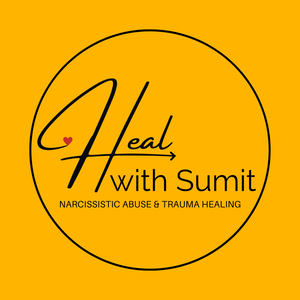Are you finding it difficult to get out of a relationship even though you sense that there is something wrong with it?
Do you find it hard to believe when your friends or family tell you that your partner is not good?
Did you break up with your abusive partner but yet you miss them?
Even after being abused in every way, you still want to go back to your abusive partner?
If you have such questions then possibilities are that you are trauma bonded.
Trauma bonding as the name suggests is the bond that has trauma as the pivot that connects the abuser and the abused. An emotional connection develops from the side of the abused with the abuser.
This bond is unhealthy, or traumatic for the abused and commonly occurs between people in an abusive relationship. The bond is much stronger for people who have grown up in a dysfunctional and abusive family, as they perceive abuse, power imbalanced, dominated-dominator, or an abused-abuser dynamic to be a normal part of a relationship.
If a trauma bond is gone untreated and unaddressed then it can give severe detrimental issues to the victim in the long run. The worst impact of a trauma bond is not just remaining in an abusive relationship but developing adverse mental health issues like low self-esteem, negative self-image, and increased likelihood of depression and bipolar disorder. It is absolutely helpful to recognize it and seek professional help right away.
Here is the compilation of the questions and traits that will help you understand the trauma bond and assist you to recognize if you are trauma bonded and need help.

1- Do you justify your abuser?
Do you try to justify the abusive behavior and actions of your toxic partner by throwing statements like
- He/she doesn't mean it that way.
- He/she is not that bad.
- He/she had a tough childhood.
- He/ she is just stressed.
- He/she is not like this all the time.
If you do use these kinds of statements to justify your partner’s abuse to others then trauma bond is successfully trying to convince you to stay in the relationship.

2- Do you still believe in your partner’s future faking?
Future faking includes all those rosy plans and promises for the future that your narc shows and promises you. You choose to believe their future faking even though you know by heart that nothing is going to happen just like all the previously broken and forgotten promises.
Future faking sounds like-
We will buy a house in that city/town/county/country
- We will have this successful business together
- I will buy you the car/house of your dream
- I will support you in achieving your dreams
- I will change for good
- I will stop doing so and so
- I will seek therapy
But nothing ever happens, yet you want to believe in that and you tell it to others as if it’s really happening.

3- Do you always fight for the same issues?
Being in a narcissistic relationship is like being on a hamster wheel. No matter how much you try, you end up going nowhere. It’s like living in a never-ending loop of conflict and makeup, and the conflicts are about the same issues over and over again. It goes on without any resolution.
The reason is that a narcissist is incapable of change, and the abused gets used to it as it becomes the norm to fight and make up, which also gives a sense of thrill and drama to the relationship.

4- Are you wearing pink glasses?
Wearing pink glasses enables you to see what others might fail to see, and that’s exactly what happens when you are wearing pink glasses in a toxic relationship. Only you can see “something special” in your partner which no one else can.
You will agree that the relationship is dysfunctional and definitely not normal, but, there is something special about him/her that you can't explain and no one can understand it except you.
With these pink glasses, even the red flags look like red roses to you. This is the result of wearing the pink glasses which put a filter of unexplainable connection on the abuse that you endure.

5- Do you have fear of the unknown?
Remember fear powers a toxic and abusive relationship. In a narcissistic relationship, you lose your self-worth every passing day. With the loss of self-worth comes a mold of self-doubt that slowly takes over your heart and mind. Self-doubt keeps you in confusion with the fear of uncertainty and lots of “what ifs” regarding the future. This holds you back in the narcissistic relationship thinking -
What if I am wrong about the whole narcissism and toxicity
What if he/she is actually trying
What if I leave and end up being alone forever
What if I am the problem in this relationship
If you are having these doubts and questions then you are trauma bonded.

6- Are you in your relationship because of your hero syndrome?
Ask yourself, why are you in this relationship after all? It is dysfunctional and something is definitely not normal, otherwise, you would not be reading this article at the moment.
What is it that keeps you going and suffer in silence?
Is it the hero, the savior inside you?
The savior inside you has decided and committed to seeing “the good” in the partner and fight everything to save and change them with your unconditional love.
You are the only one who can see that they need you, that they are also suffering and need help. After all who’s going to love and care for them once you are gone.
But, can you change a narcissist with your love? Well, the answer is a big NO, and deep inside you know that nothing’s going to change but you still keep lying to yourself.

7- Are you hiding your needs & feelings?
Do you remember why you got into this relationship in the first place? The answer is to have your needs met and your feelings respectfully reciprocated.
Needs like emotional support, physical affection & security, love & companionship, acceptance & validation. Now that neither your needs are being met nor your emotions are being recognized, you end up hiding them. You know that you cannot express them without getting hurt. You devalue yourself and consciously walk on eggshells each day to keep the peace in the house. You definitely do not want to hurt or upset your narc partner. Thus, you do everything to neglect and hide your feelings and needs from yourself as well as the world around you, all in the name of keeping the relationship afloat.


8- Do you tell everyone that everything is alright?
Now with hiding your needs and emotions comes lying. Lying to everyone around you to keep the shame away, to avoid being judged by your friends and family. This keeps you away from getting the help that you need. You keep everything about your relationship within the four walls of your house and within your heart.
If any of your well-wishers raise doubts about your well-being then you justify it by labeling it as your own fault or just another normal friction between the couple.


9- Do you say “yes, but…” often?
Now comes our second last question to give you a little food for thought. Do you use the “yes, but…” statement when it comes to your relationship. Do you defend your partner’s abuse by using sentences like
- Yes, but it’s normal to fight in a relationship, right!?
- Yes, but we all have differences.
- Yes, but he/she is going through a tough time.
- Yes, but he/she said sorry after that.
- Yes, but I know he/she didn’t mean it that way.
- Yes, but it was just once that he misbehaved like that.
- Yes, but I know how much he/she needs me.
You defend every abuse, every insult, every trauma given by your narcissistic partner and try to justify it.


10- Now is not the time
This is the last but not the least to ponder upon. You are trauma bonded if you avoid talking about the abuse, you are trauma bonded if you have figured out what’s healthy for you or your children as well (if you have any) but, “ now is not the time” is the sentence that comes as your inner voice. You will say this to everyone, that “yeah I know it’s not good but I will get out of it, or maybe I will confront him/her, but now is not the time, and frankly, that time never comes.
Remember, food poisoning and getting poisoned by someone are two different things. When you are in a narcissistic relationship, you are being poisoned every day, and when you are trauma bonded then you act as if it’s not that big of a deal and no one to be blamed for it. You should accept that you are being abused and seek help rather than hiding it, defending it, and lying about it.
There is no shame in accepting that the relationship that you dreamt of didn’t work out. It is absolutely normal to fall victim to fake promises. It’s never too late to get out of the toxicity and start afresh.
Be kind and honest to yourself. Acceptance is the first bold step towards breaking the trauma bond. Take the first step today and talk to someone trustworthy and tell what you are going through and accept help.
You can join my healing & support group on Facebook and learn more about narcissistic abuse.
You can also explore recovery programs or write to me and request a free session by visiting www.healwithsumit.com
